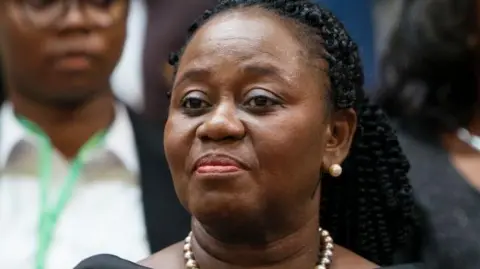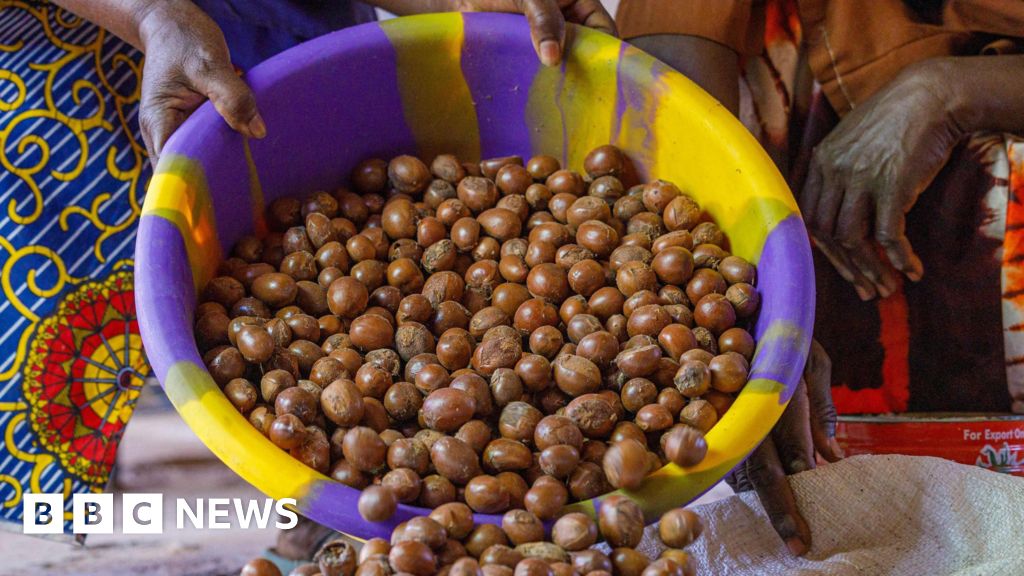An investigative report by the BBC highlights serious allegations against Aveo Pharmaceuticals, an Indian company implicated in exacerbating the opioid crisis in West Africa. The Mumbai-based firm is said to be manufacturing and illegally exporting a mix of unlicensed opioids that includes tapentadol and carisoprodol, prompting widespread health concerns in nations like Ghana, Nigeria, and Cote D'Ivoire.
These potent and highly addictive drugs, branded under various names such as Tafrodol, are marketed to mimic legitimate medications but contain a dangerous cocktail. This combination is banned in Europe and known to cause severe health issues, including breathing problems and a fatal risk of overdose. The low cost and easy availability have made these opioids an appealing choice for many in impoverished regions, turning them into common street drugs.
Footage from an undercover BBC operation revealed the company’s alarming practices. In a secret meeting, Aveo's director Vinod Sharma acknowledged the harmful nature of the products while dismissing concerns as mere business transactions. He shared that taking multiple pills could induce a state of relaxation, highlighting a gross disregard for public health.
As the crisis deepens, local leaders like Alhassan Maham in northern Ghana have devised community-based approaches to deal with rampant drug abuse. Maham's task force targets dealers and confiscates illicit drugs. During a raid in Tamale, they discovered batches of Aveo’s opioids, illustrating the widespread impact of these substances.
Nigeria represents the largest market for these dangerous pills, with recent statistics revealing that millions struggle with opioid use. Previous government efforts to regulate opioid accessibility in Nigeria led to a surge in unregistered pharmaceutical imports, including those from Aveo, which seemingly took the opportunity to shift its focus to tapentadol as a response to tighter regulations on tramadol.
Health experts warn that the new combination of drugs is even more perilous than tramadol, causing severe withdrawal effects and promoting deep sedation that could be fatal. The Indian Drugs Controller General stated they are focused on regulating such exports, yet evidence suggests that other companies follow Aveo’s unethical practices.
In response to ongoing crises, local authorities across West Africa are stepping up efforts to mitigate the damage. In Tamale, for instance, community task forces are seizing drugs and publicly destroying them to send a clear message to suppliers about the consequences of their actions. However, despite burning hundreds of packets, the production of these dangerous pharmaceuticals continues unabated in India, representing a significant challenge for public health in the region.






















